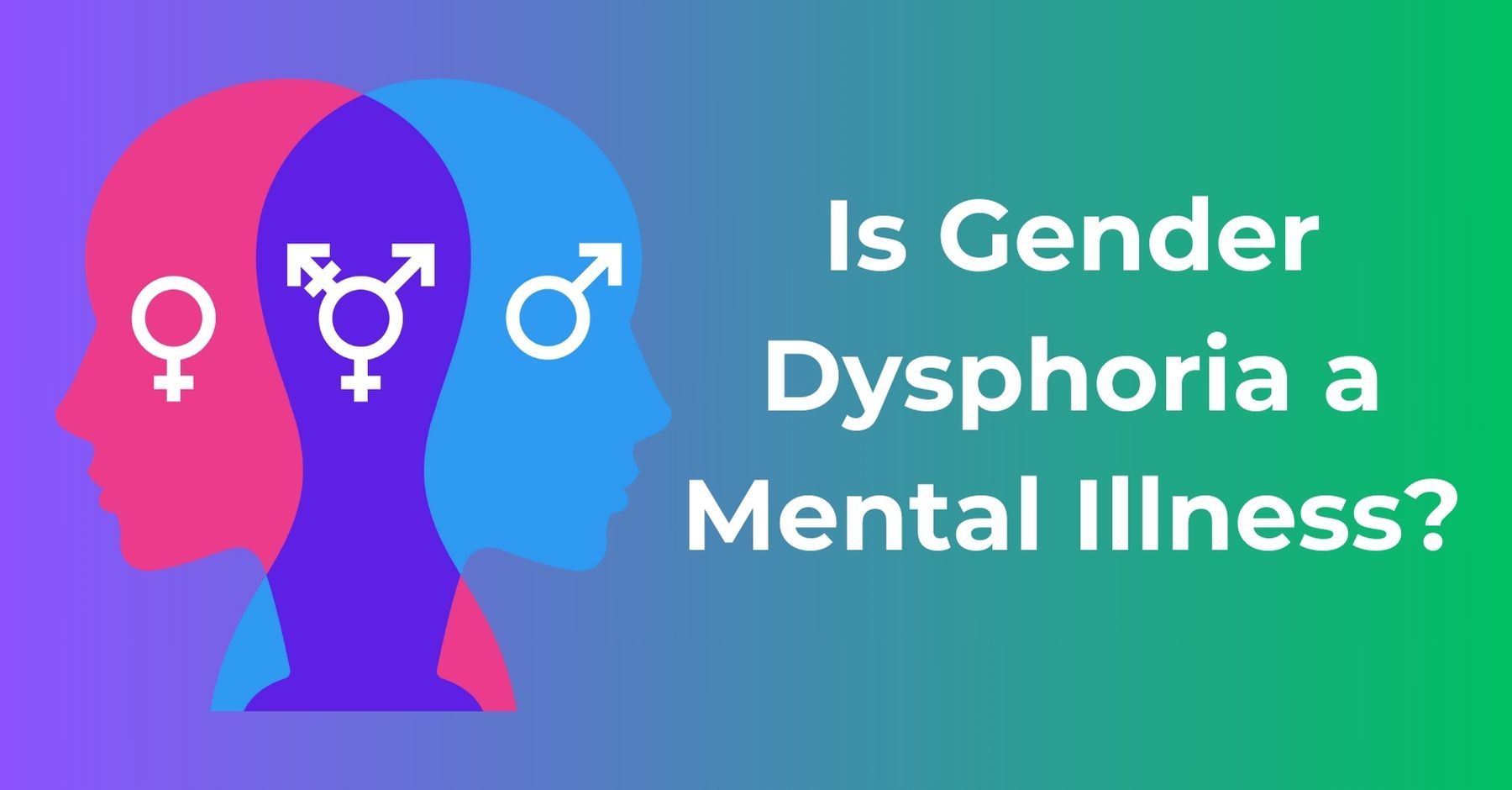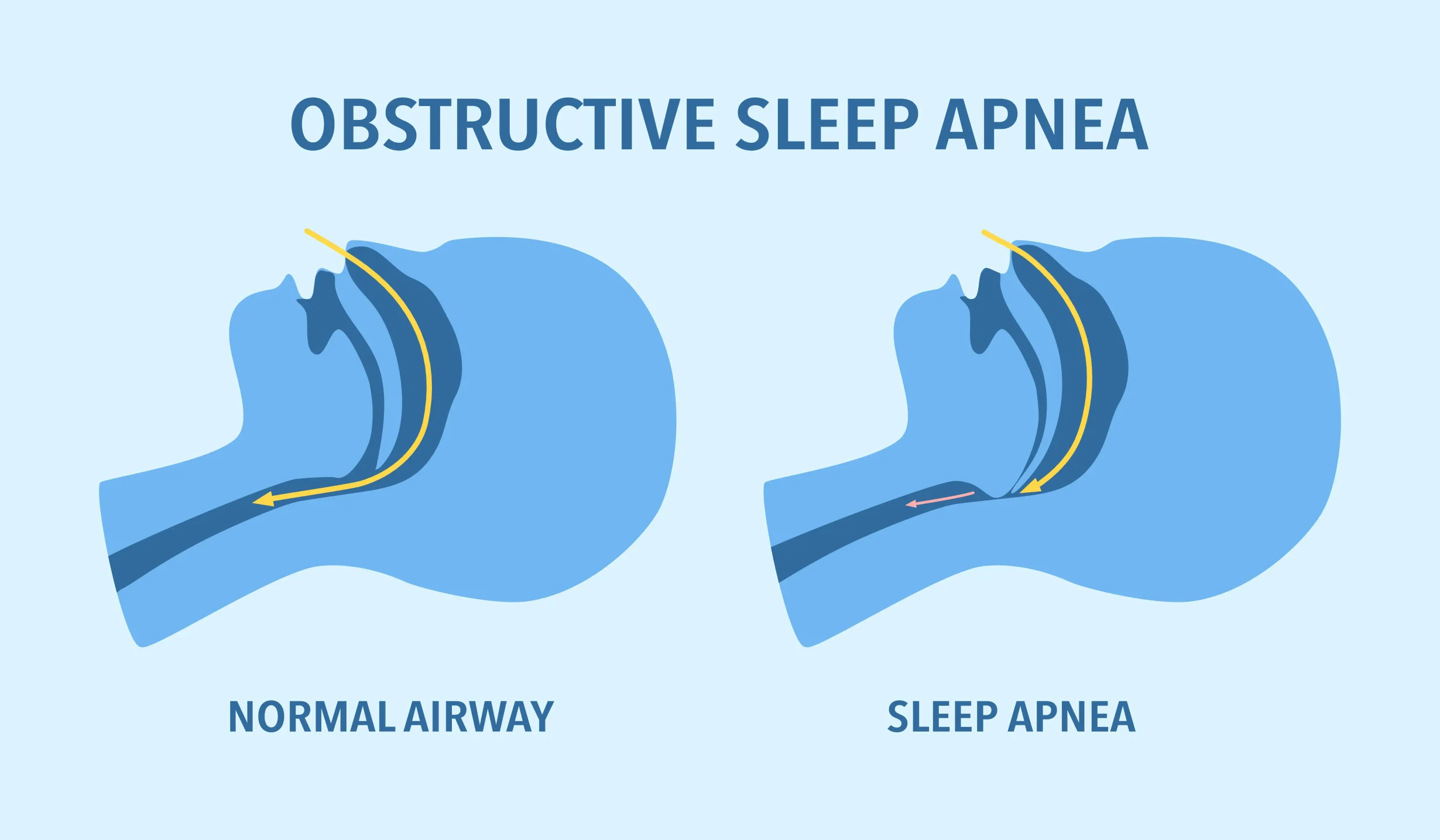In addition to the common mental health conditions like anxiety and depression, there are numerous other disorders that can significantly impact a person’s life. Here are a few:
Anxiety Disorders
- Generalized Anxiety Disorder (GAD): Excessive worry and anxiety about everyday life.
- Panic Disorder: Recurrent, unexpected panic attacks.
- Social Anxiety Disorder: Fear of social situations and scrutiny.
- Specific Phobias: Intense fear of specific objects or situations.
- Obsessive-Compulsive Disorder (OCD): Recurrent, unwanted thoughts (obsessions) and repetitive behaviors (compulsions).
- Post-Traumatic Stress Disorder (PTSD): Develops after a traumatic event.
Mood Disorders
- Bipolar Disorder: Characterized by mood swings, ranging from manic highs to depressive lows.
- Seasonal Affective Disorder (SAD): A type of depression that occurs during certain seasons, often winter.
Eating Disorders
- Anorexia Nervosa: An eating disorder characterized by an intense fear of gaining weight and a distorted body image.
- Bulimia Nervosa: An eating disorder characterized by binge eating followed by purging behaviors, such as vomiting or excessive exercise.
- Binge Eating Disorder: An eating disorder characterized by frequent episodes of binge eating without compensatory behaviors.
Personality Disorders
- Borderline Personality Disorder (BPD): Characterized by unstable moods, relationships, and self-image.
- Narcissistic Personality Disorder: Characterized by an inflated sense of self-importance and a lack of empathy.
- Antisocial Personality Disorder: Characterized by a disregard for others’ feelings and a tendency to manipulate and exploit.
Psychotic Disorders
- Schizophrenia: A severe mental disorder that affects thinking, perception, and behavior.
- Schizoaffective Disorder: A mental disorder that involves symptoms of both schizophrenia and mood disorders.
It’s important to remember that mental health conditions are treatable. If you or someone you know is struggling with a mental health disorder, seek professional help. Early diagnosis and treatment can significantly improve quality of life.



